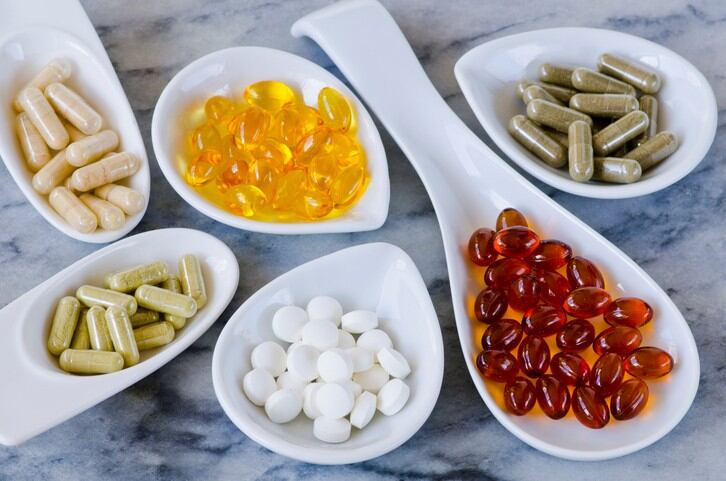It comes after TCM practitioners lobbied regulators at the Therapeutic Goods Administration (TGA) to change the Poisons Standard.
Amygdalin may be present in popular TCM ingredients derived from the Prunus and Malus species, while medicinal plants used in western herbal medicine also use ingredients such as Prunus cerasus (‘sour cherry’) and Prunus serotina (‘wild cherry bark’).
They called for new rules to permit a maximum daily dose for adults not exceeding 5mg amygdalin and an equivalent change for hydrocyanic acid not exceeding 0.3mg.
Supplements trade association Complementary Medicines Australia (CMA) also called for changes to the Standard, but focused its submissions on the contaminant levels that could be allowed.
However, the TGA concluded that they are “substances of such danger to health as to warrant prohibition of sale, supply and use”, and in addition did not alter for the trace levels that can be found in herbal supplements.
At present, supplement brands have to demonstrate an absence of amygdalin and conformance with an HCN restriction of maximum 1 microgram per litre or kilogramme (1 part per billion). This is generally considered extremely difficult to achieve.
It is also at odds with the regulations for foods, which exempt from the Poisons Standard (Appendix A), and are therefore permitted to contain low levels.
As CMA pointed out in a recent alert to members, if this were not the case, then “cafés would be committing offences by selling almond milk lattes; supermarkets [would be] breaking the law by selling confectionery, almond biscuits, marzipan icing, and prune juice; and bakeries [would be] committing crimes by selling almond croissants.”
CMA’s most recent submission to the consultation proposed a maximum recommended daily limit of 2.5mg, a 40-fold greater safety margin than the limit set by the Food and Agriculture Organization of the United Nations and World Health Organization (FAO/WHO) in 2011 for an Acute Reference Dose of 90 mcg HCN/kg body weight per day, following the application of a 100-fold uncertainty factor.
This equates to a total of 108 mg and 130 mg of amygdalin per day based on the average weights of Australian women and men.
Policy call
It appears the TGA decision was influenced primarily by the application from TCM practitioners, which did not set out to create a lower limit for quality purposes, but to allow unscheduled access in adults.
It is believed that allowing amygdalin as a therapeutic substance, rather than a controlled contaminant, was viewed as a policy concern.
The TGA Delegate responsible for the decision wrote: “Amygdalin is a naturally occurring cyanogenic glycoside compound converted into hydrocyanic acid in the gut. Hydrocyanic acid (cyanide) halts cellular respiration leading to nausea, fever, headaches, insomnia, thirst, lethargy, nervousness, joint and muscle aches and pains, falling blood pressure, and in some cases, death. The toxicity of amygdalin is highly variable and influenced by numerous factors, including other ingested plants or nutrients (e.g. plant enzymes or ascorbic acid), vitamin B12 and individual gut flora.
“I consider that amygdalin should not be down-scheduled from its current listing in Schedule 10. The history of persistent misuse of amygdalin for the treatment of cancer is of relevance to my consideration. Amygdalin has been prohibited since 1974 when it was supplied as Laetrile or vitamin B17, a purported treatment for cancer with serious toxicity and no clear evidence of therapeutic benefit. I am concerned that the down-scheduling of amygdalin may contribute to excessive use of amygdalin, particularly where people who have or who have had cancer are seeking alternative treatments.
“I also do not support the down-scheduling of amygdalin at 5 mg or less to unscheduled, to align with the limits set by the Australian New Zealand Food Standards (FSANZ). The FSANZ food limits are based on the Acute Reference Dose (ARfD) for a safe level of one-off exposure, rather than regular and possibly chronic ingestion, which is the assumed practice for a TCM.”





